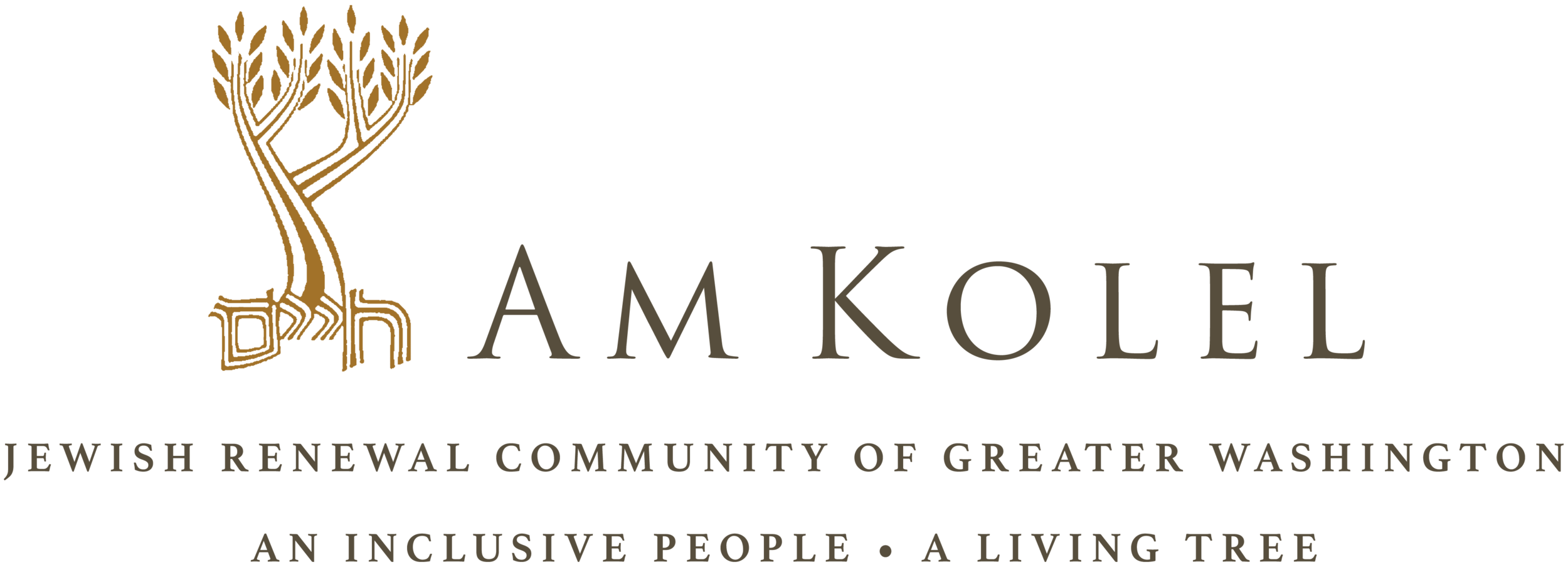This week’s Parsha, VaYera, can make you dizzy with the tests and challenges presented to Avraham and Sarah.
This week’s Parsha, VaYera, can make you dizzy with the tests and challenges presented to Avraham and Sarah. The Parsha opens up with Avraham sitting in front of his tent recovering from his brit milah at the age of 99. While sitting there, he is approached by three strangers. Forgetting his pain he jumps up and welcomes them with open arms, providing them with food and drink. Did they know he was convalescing? Were they performing the Mitzvah of Bikkur Cholim, visiting the sick? We do learn later that they were the angels, according to rabbinic tradition, Michael, Gabriel and Raphael (the angel of healing). We see how these visitors lifted Avraham from his pain and, forgetting his pain, he performs the Mitzvah of Hachnasat Orchim, welcoming guests. How many of us know that when we visit someone who is ill, they can indeed be relieved of their pain?
Avraham faces numerous tests in this Parsha. He is faced with the test of letting go of his first son, Ishmael, and Ishmael’s mother, Hagar. He is faced with the challenge of saving the people of Sodom and argues with God over the necessity of this destruction. He shows us how we must wrestle with God when confounded by life conflicts. He is tested when Abimelech takes his beloved wife. He is tested in his capacity to make peace. He is ultimately tested with the call from God to take his son Isaac up to Moriah, the “Mountain of God,” to offer him up. We learn from various commentators that the order was not to sacrifice-kill him, but to take him to a higher place of consciousness. After all, at the age of 37, according to the text, it was time for Isaac to leave home and be on his own. What happens to Isaac and how Sarah felt about this will be discussed on Shabbes.
What about us? We all have our “tests” and can see how they often take us to higher levels of life understanding. As a society we are being tested in ways in which we have not been so tested before. But are we growing with these “tests?” How can we make it “for the good” - l’Tovah?
This past Sunday we remembered Shlomo Carlebach’s yahrtzeit with the help of Rabbi Sam Intrator, one of his dearest students. He shared a Reb Shlomo teaching from the psalm verse - “Sur meyrah, V’Asey Tov” - “refrain from bad (evil), and do good.” He made the point that by “doing good” the bad is cancelled out. When we do what is right, acts of chesed, there is no “bad.” It’s not in our consciousness. Asey Tov disempowers the “bad stuff.”
So no matter how the elections turn out we must remember that Asey Tov is the antidote.
B’Shalom,
Reb David
